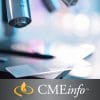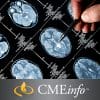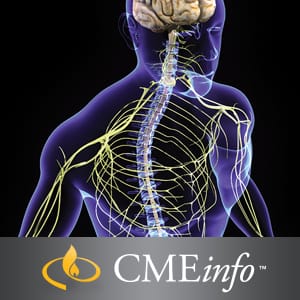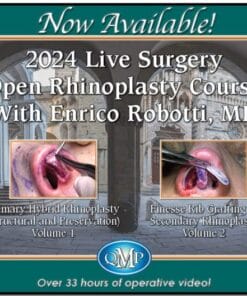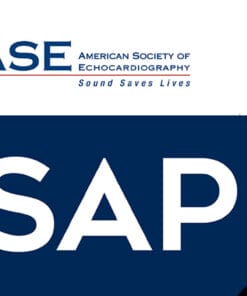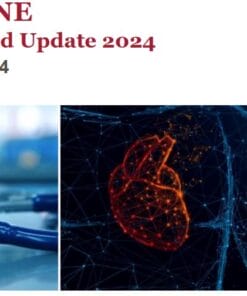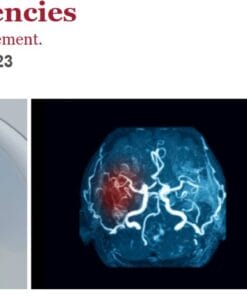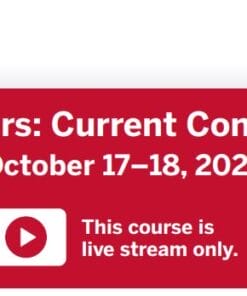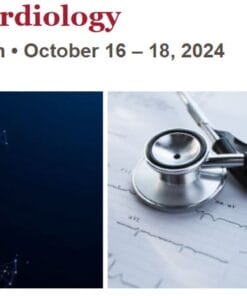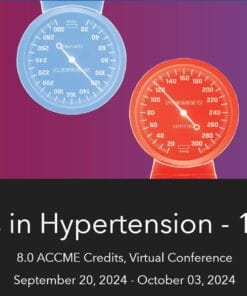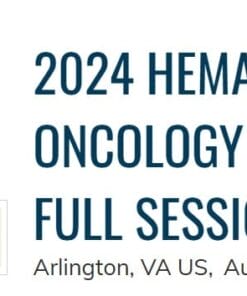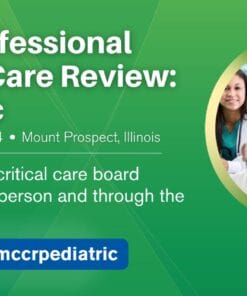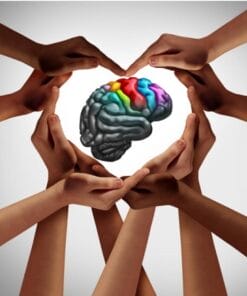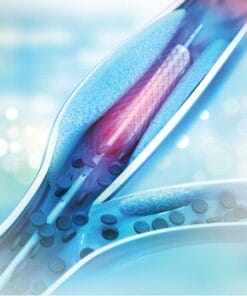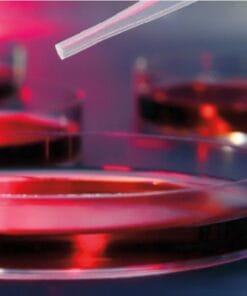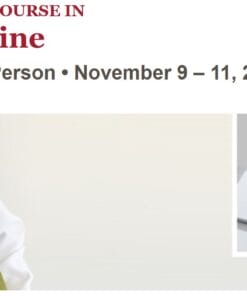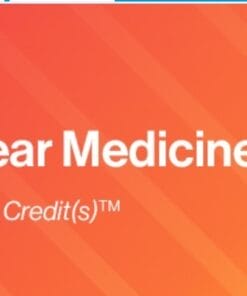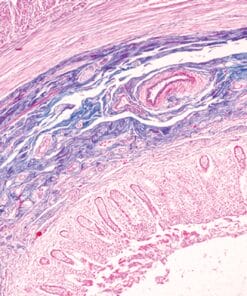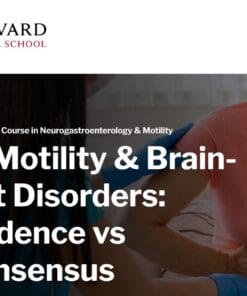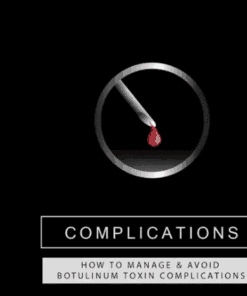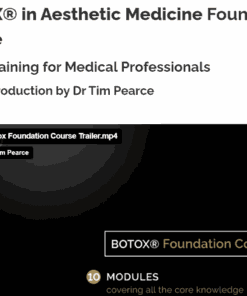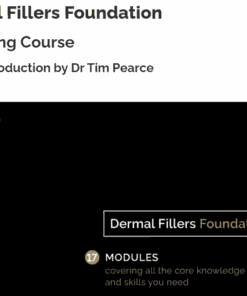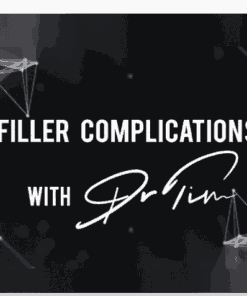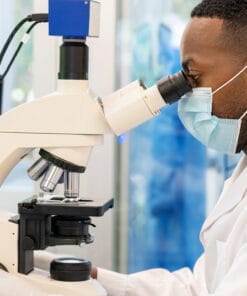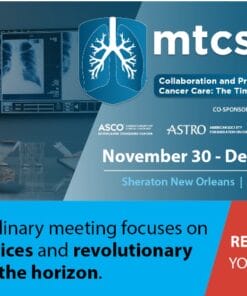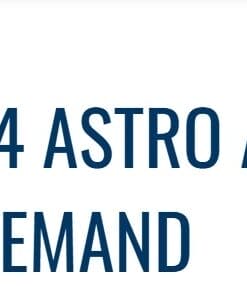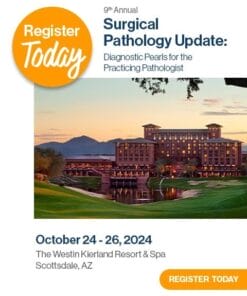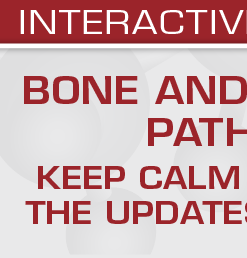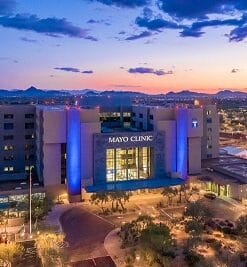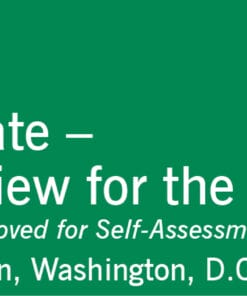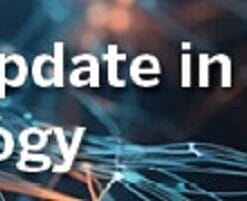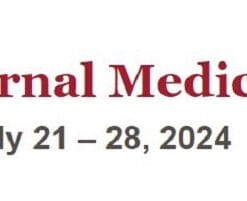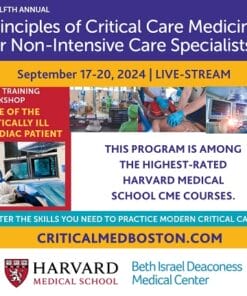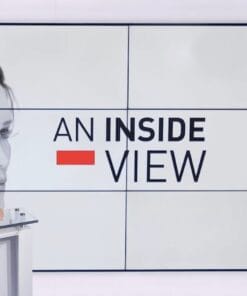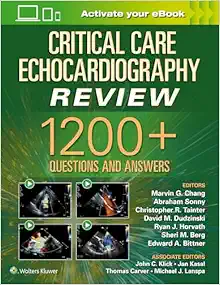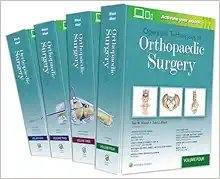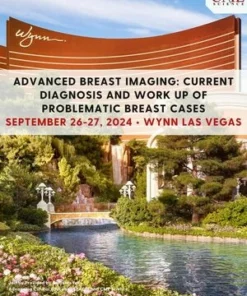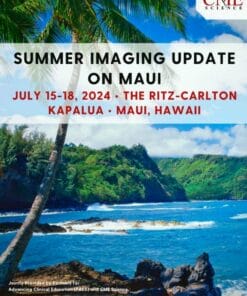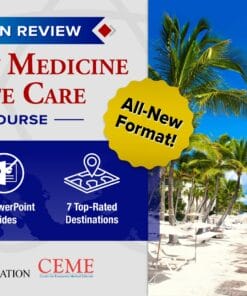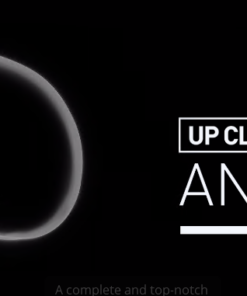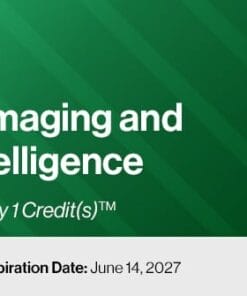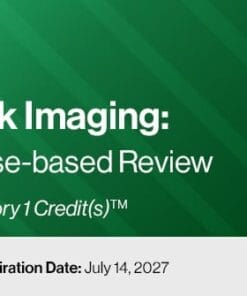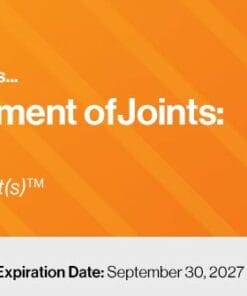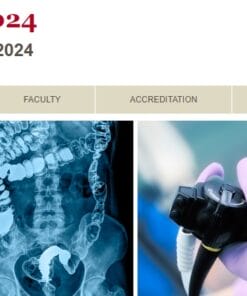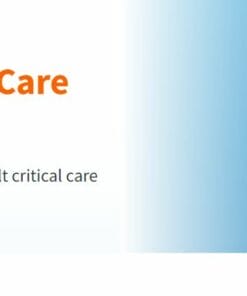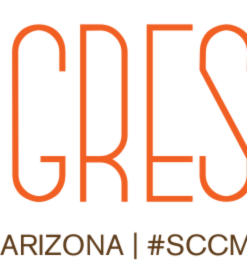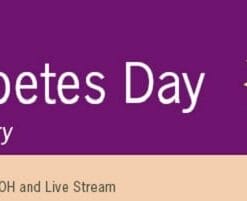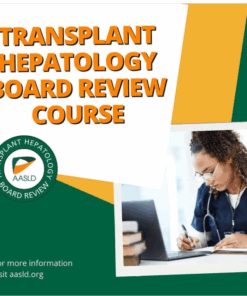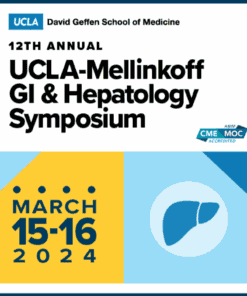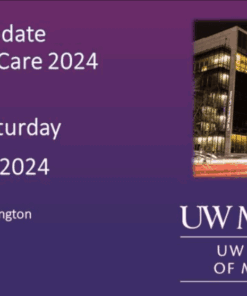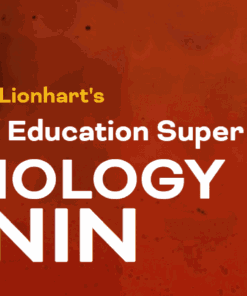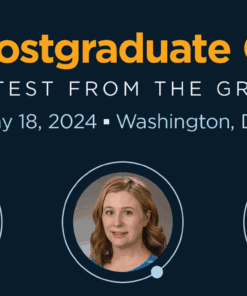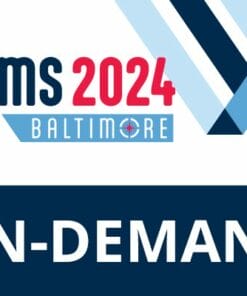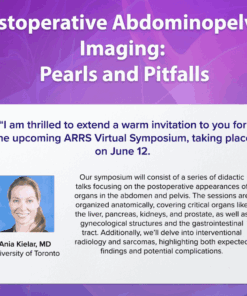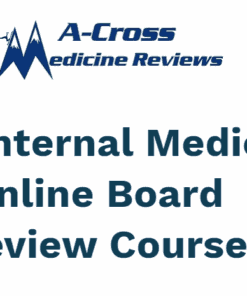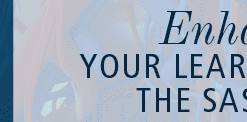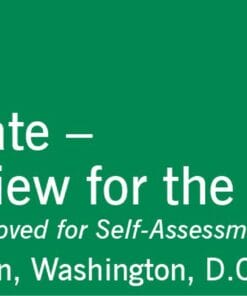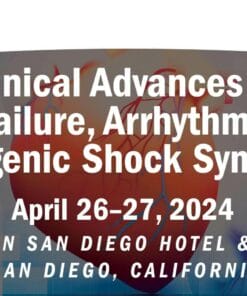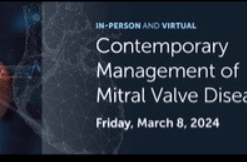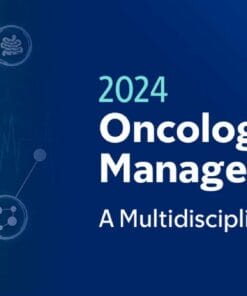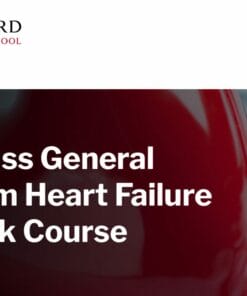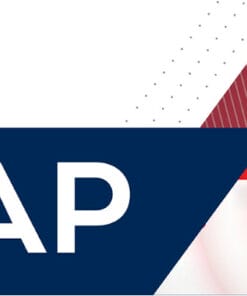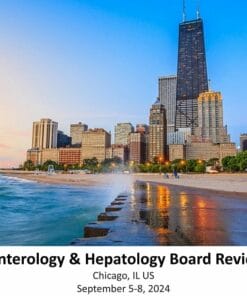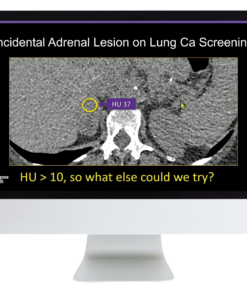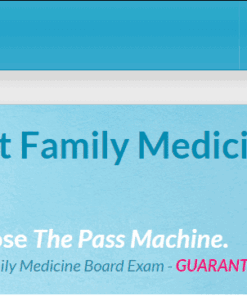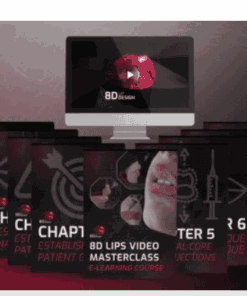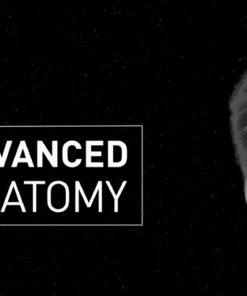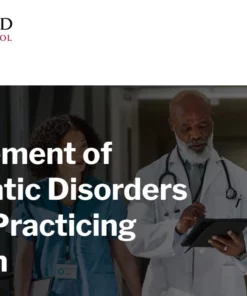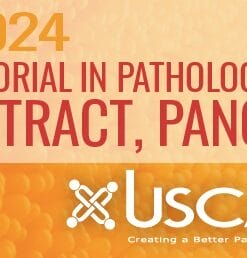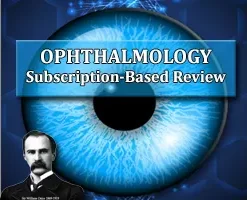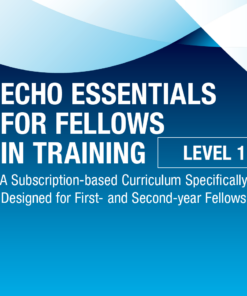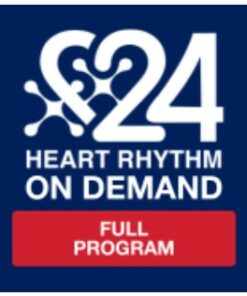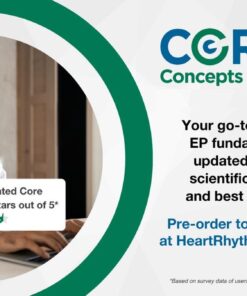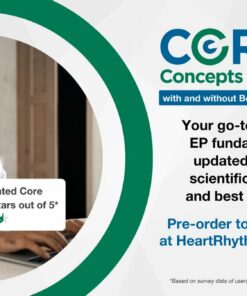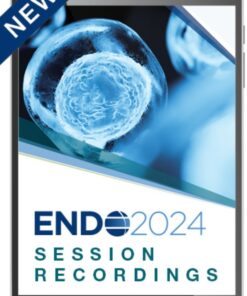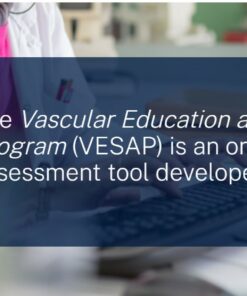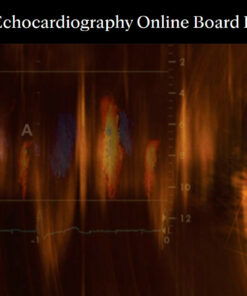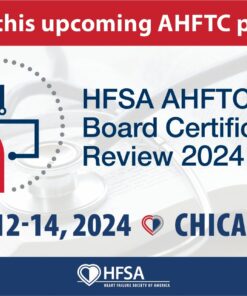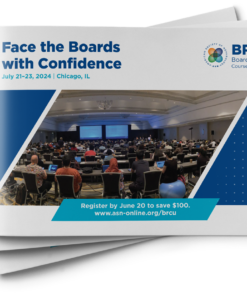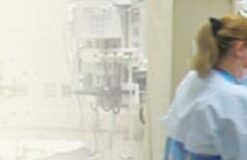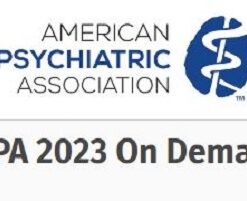The Oakstone Institute Specialty Review
This comprehensive medical education course focuses on basic and advanced electrodiagnostic techniques used in the evaluation of patients with actual or suspected neuromuscular disease.
Expand Your Knowledge
This continuing medical education course will enhance the clinical practice of physicians who manage patients with neuromuscular symptoms and disorders. The comprehensive review focuses on basic and advanced electrodiagnostic techniques used in the evaluation of patients with actual or suspected neuromuscular disease.
The groups of disorders covered include:
- Motor neuron diseases
- Peripheral neuropathies (focal and generalized)
- Neuromuscular junction disorders
- Myopathies
Lectures cover the diagnosis and treatment of these disorders as well as when to order specific laboratory and genetic tests and muscle and nerve biopsies. For each of the common and complex disorders presented, authoritative and clinically active specialists provide the benefit of their own experience and expertise. Many of the speakers have provided advice to their own professional organizations and key medical journals, and have taught specialists and generalists alike.
TOPICS
Basics of Nerve Conduction Studies
- Basics of Nerve Conduction Studies – Sanjeev D. Nandedkar, PhD
- Specific Motor Conduction Studies – Michael P. Bowley, MD, PhD
- Specific Sensory Conduction Studies – Michael P. Bowley, MD, PhD
- Evaluation of Neuromuscular Junction – William S. David, MD, PhD
Basics of Electromyography
- EMG: Spontaneous – William S. David, MD, PhD
- EMG: Voluntary – William S. David, MD, PhD
- EMG: Anatomy, Needle Placement – Thomas I. Cochrane, MD, MBA
Special Techniques
- Autonomic Testing – William S. David, MD, PhD
- Decomposition-Based Quantitative EMG / Motor Unit Number Estimation – Sanjeev D. Nandedkar, PhD
- Nerve Ultrasound – Amanda C. Guidon, MD
Clinical Applications for Electrodiagnostic Medicine
- Focal Mononeuropathies in the Arm – Steven A. Greenberg, MD
- Upper Extremity Plexopathies / Radiculopathies – William S. David, MD, PhD
- Focal Mononeuropathies in the Leg – Thomas I. Cochrane, MD, MBA
- Lower Extremity Plexopathies / Radiculopathies – Thomas I. Cochrane, MD, MBA
Motor Neuron Diseases
- Amyotrophic Lateral Sclerosis – James D. Berry, MD, MPH
- Atypical Motor Neuron Disorders: Upper and Lower Motor Neuron – David A. Chad, MD
- Spinal Muscular Atrophy – Kathryn Swoboda, MD
Polyneuropathies
- Approach to Neuropathy – Thomas I. Cochrane, MD, MBA
- Charcot-Marie-Tooth and Other Hereditary Disorders – Vera Fridman, MD
- Guillain-Barré Syndrome and Related Disorders – David A. Chad, MD
- Chronic Inflammatory Demyelinating Polyneuropathy and Related Disorders – David A. Chad, MD
- Neuropathies Associated with Systemic Disease and Cancer – Vera Fridman, MD
- Toxic Polyneuropathies – Mohammad Kian Salajegheh, MD
Neuromuscular Junction Disorders
- Myasthenia Gravis – Amanda C. Guidon, MD
- Congenital, Lambert-Eaton Myasthenic Syndrome, Botulism – Amanda C. Guidon, MD
Myopathies
- Approach to Myopathy – Anthony A. Amato, MD
- Muscular Dystrophies – Anthony A. Amato, MD
- Congenital Myopathies – Basil T. Darras, MD
- Metabolic Myopathies – Anthony A. Amato, MD
- Mitochondrial Disorders – Anthony Amato, MD
- Muscle Channelopathies – Mohammad Kian Salajegheh, MD
- Inflammatory Myopathies – Steven A. Greenberg, MD
- Myopathies Associated with Systemic Disease and Toxic Myopathies – Anthony A. Amato, MD
Special Topics
- Approach to the Floppy Infant – Basil T. Darras, MD
- Muscle and Nerve Histopathology – Anthony A. Amato, MD
- Neuromuscular Mimics – Erik R. Ensrud, MD
- Rehabilitation of Neuromuscular Disorders – Sabrina Paganoni, MD, PhD
- Injection Therapies (Botulinum Toxin) – Nutan Sharma, MD, PhD
Learning Objectives
At the completion of this course, you should be able to:
- Perform a history and examination in order to evaluate patients presenting with actual or suspected neuromuscular complaints
- Recognize classic, possible, and unlikely neuromuscular disorders according to clinical symptoms
- Apply current literature on electrodiagnostic medicine and neuromuscular disorders to the evaluation and management of patients
- Analyze whether laboratory tests, electrodiagnostic studies, imaging, and muscle and nerve biopsies are necessary or unnecessary for diagnosis
- Assess relevant treatment options
- Develop improved competence in providing optimal care to the neuromuscular patient
- Predict and manage patient expectations regarding treatment, outcomes, rehabilitation, and prognosis
Intended Audience
- Neurologists
- Physiatrists (Physical Medicine & Rehabilitation doctors)
- Neurology residents and fellows
- PM&R residents and fellows
Date of Original Release: March 31, 2016
Date Credits Expire: March 31, 2019


